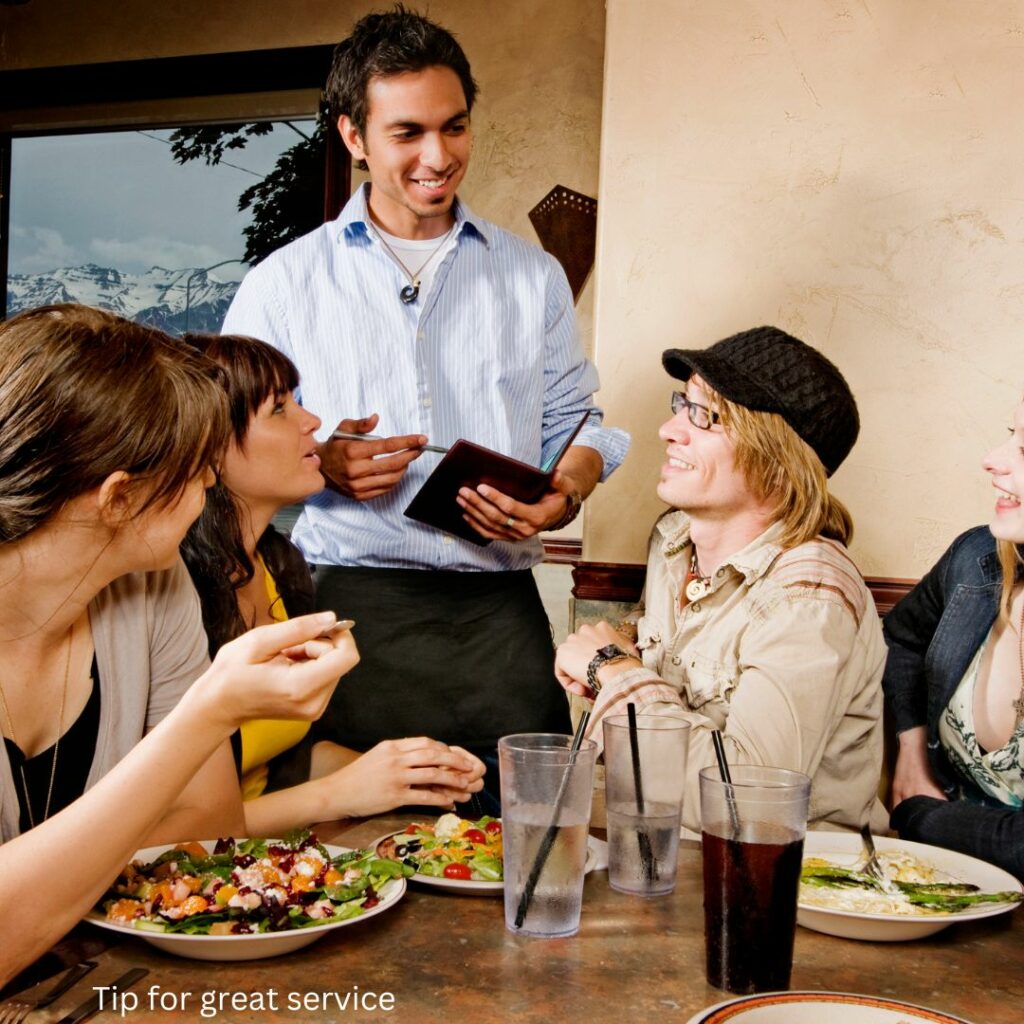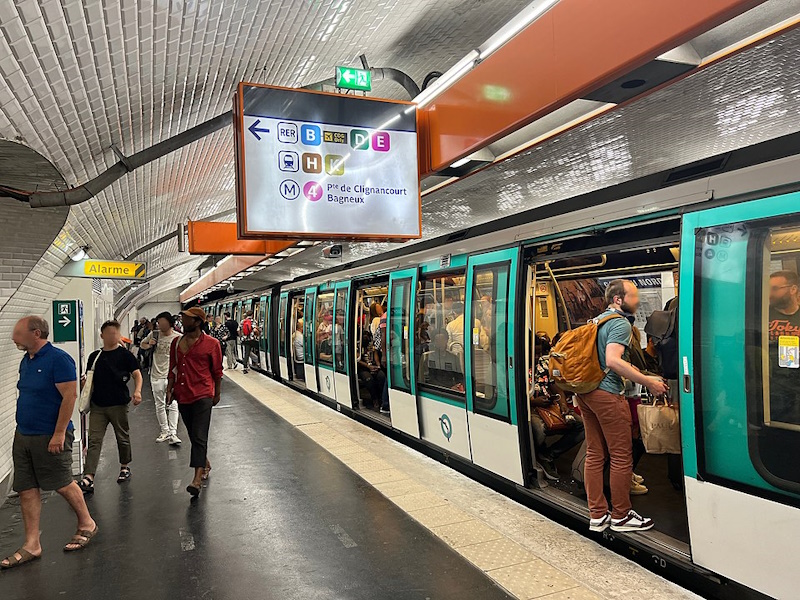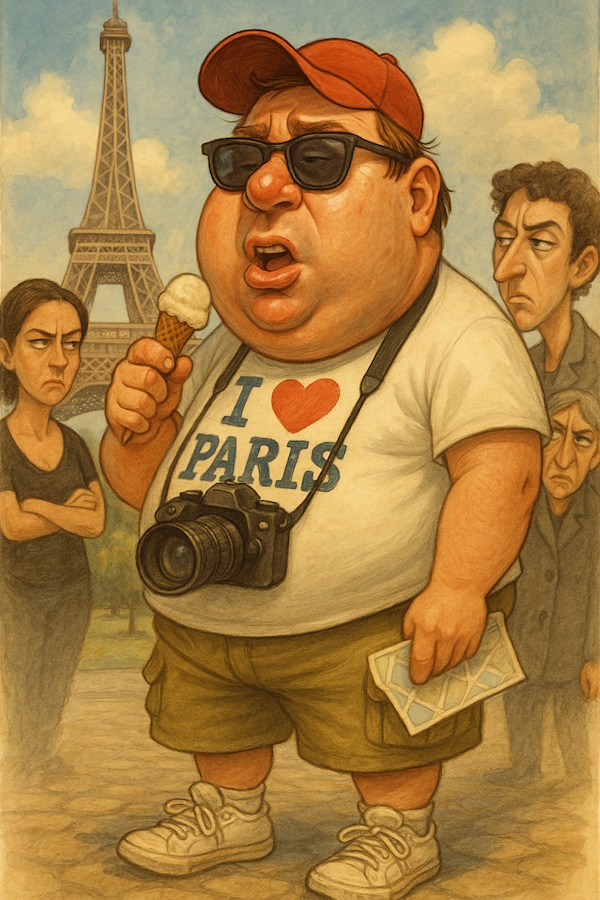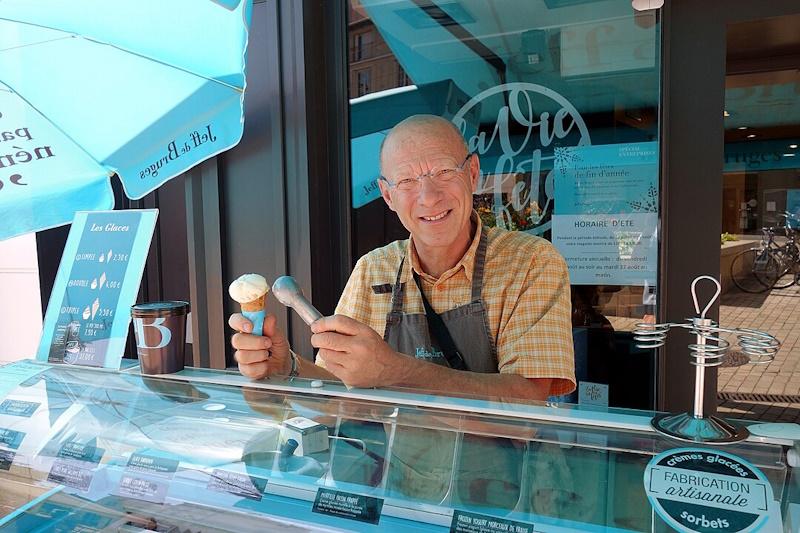Why Parisians Seem Rude – And What’s Really Going On
Paris has carried the reputation of being one of the rudest cities in the world for decades. Travelers often arrive expecting cold stares, dismissive service, and sharp remarks. Yet many return with the opposite impression: warm encounters, helpful strangers, and even new friends.
So where does the stereotype come from, and why does it persist?
1. Directness Versus Politeness
French culture values directness. In Paris, people point out behavior they find disruptive- cutting in line, blocking escalators, talking loudly on public transport.
A prolonged stare or a blunt comment is common. To locals, this is a matter of social order. To outsiders, especially those used to a “live and let live” style, it can feel aggressive.
A Canadian might find a sharp correction shocking, while Parisians see it as normal confrontation that clears the air and lets everyone move on.
2. The Importance of Greetings
Social rituals carry weight in France. A simple “Bonjour” at the beginning of an interaction sets the tone. Skipping it and jumping straight to a request often triggers the very coldness visitors fear.
Even those with minimal French notice that saying “Bonjour,” “Merci,” and “Pardon” softens encounters dramatically. People who try (even clumsily) often get smiles, jokes, or extra kindness.
Shopkeepers may even call over colleagues proudly to listen when a tourist makes the effort.
3. Service Expectations

Much of the stereotype comes from restaurant and shop interactions. In France, waiters are salaried professionals. They do their job well but don’t hover for tips.
Americans, used to frequent check-ins, find the quieter style aloof. Yet many travelers say they prefer this approach – no constant interruptions, no fake cheerfulness, no bill dropped before they ask. Parisians find the American style overbearing, even rude.
Tipping also adds confusion. Locals insist tips are unnecessary, yet former waiters say small coins or rounding up is welcome and sometimes made the difference for paying student rent.
Modern card machines limit casual tipping, but asking the server to round a €75 bill up to €80 is seen as thoughtful.
4. Politeness in Public Space

Paris is crowded, and locals rely on unwritten rules to keep the city moving. Stand on the right side of escalators. Don’t block narrow sidewalks walking four across. Keep voices down on trains and in restaurants.
Visitors who ignore these norms attract stares or comments. Tourists who teach their children to respect “city walking” often find themselves moving more smoothly through the streets.
Some travelers admire the Parisian habit of folding arms in tight spaces to avoid brushing against others, or waiting to let someone pass and receiving a polite “merci” in return.
You might notice that loud laughter, video calls in crowded areas, or sneezing without discretion earns dirty looks.
5. The Power of Language
Visitors who attempt even a few French words often get friendlier responses.
Locals sometimes switch immediately to English, not to belittle, but to ease communication. Some tourists misread this as dismissal. Some feel embarrassed when told “I don’t speak English,” only to hear fluent English a moment later.
The reality is that many Parisians speak it well, but may hesitate until they see the effort in French.
Accents, too, are often enjoyed rather than scorned. Parisians sometimes laugh affectionately at unusual phrasing. You might get praised simply for ordering water in French. A clerk might joke and teach you phrases to help during the stay.
Effort in speaking French is always rewarded.
6. Who Really Feels Rudeness
Not everyone agrees Paris is friendly. Some travelers share stories of being shoved on the metro, scolded by elderly women, or receiving curt responses.
These encounters exist, just as they do in every major city. Some French admit that stressed workers or “bitter old ladies” fit the stereotype. Even locals say they run into them and dislike it.
Expectations are key. Visitors from cultures with more effusive service, like the American South, see French reserve as cold. Canadians sometimes describe French directness as scorn.
By contrast, New Yorkers and Londoners often feel at home in Paris, recognizing the same brusque efficiency they practice in their own cities.
7. The Role of Tourists’ Behavior

Several travelers argue the problem often starts with visitors themselves. Demanding ketchup with a carefully prepared dish, asking for foie gras cooked “well done,” or expecting everyone to accommodate English sets a poor tone.
Stories circulate of travelers complaining that Paris should adjust the metro for double strollers or that every local should speak English. Such attitudes are quickly labeled entitled, and locals react accordingly.
On the flip side, respectful behavior often earns warmth. Parents who fold strollers on the metro or travelers who step aside in crowded spaces find strangers eager to help – lifting bags, giving up seats, offering directions.
It’s not uncommon to see Parisians rushing to help a mother carry a stroller down metro stairs.
8. Why the Stereotype Persists
The cliché of the rude Parisian has deep roots. Old stories circulate for decades, shaping expectations even before travelers arrive. A person warned repeatedly may interpret any small slight as proof.
Confirmation bias reinforces the idea: one bad look outweighs a dozen kind gestures. The stereotype may have grown stronger due to Americans once visiting mostly in August, when overheated Parisians stuck in the city were tired and short-tempered.
Other Europeans also keep the trope alive. Even French from outside the capital joke that Parisians are rude or arrogant. Yet many who visit repeatedly – from Spain, Britain, the U.S., or Canada – say they consistently encounter politeness and help.
9. Stories of Unexpected Kindness
Countless small moments show a different Paris. A concierge writes a goodbye note in a guest’s native language. A chocolate shop worker slips extra treats to a shy child.
A stranger in the Louvre raises his fist and says “Vive la France!” to a family admiring Delacroix. An elderly Parisian helps a visitor struggling at a ticket machine. Hotel clerks discuss politics or travel dreams with guests long after shifts end.
These are the encounters most travelers remember. They stand in sharp contrast to the grim warnings that circulate online.
10. A Matter of Perspective
Comparisons to other cities make the picture clearer. Visitors point out that New Yorkers, Londoners, and Parisians all carry reputations for rudeness, yet in each case the culture is simply fast, direct, and less padded with small talk.
Someone blocking a busy subway entrance is corrected firmly. To the unprepared, it feels hostile. To locals, it’s efficiency.
There is also the role of cultural norms around service. In the U.S., “the customer is always right” shapes every encounter. In France, the goal is mutual respect, not servitude.
Asking directly for what you need is expected. Demanding special treatment or fawning service is not.
11. Then and Now
Older generations recall a different Paris. In the 1980s and 90s, English was less widely spoken, and tourism was smaller. Some visitors found the city difficult to navigate and the people less patient.
Today, tourism is a major part of the economy, English is widely used, and younger Parisians are more open. Travelers in recent years describe a far more welcoming environment.
In Conclusion: The Reality Behind the Reputation
In the end, Paris is like any city. There are kind people and impatient people, gracious servers and grumpy clerks.
What stands out is how much the visitor’s approach shapes the experience. A smile, a greeting, and a few words of French unlock far more goodwill than most expect.
The stereotype survives because it fits a simple narrative: big city, busy people, bad manners. But those who actually spend time in Paris overwhelmingly describe warmth, helpfulness, and humor.
The lesson is simple: respect the rituals, mind the space, and meet Parisians halfway. More often than not, they will meet you there with kindness.

